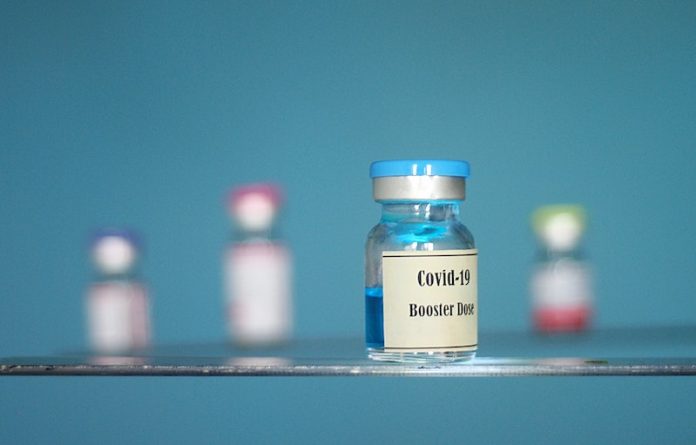
The pandemic has hit nursing home residents especially hard, with a disproportionately large share of COVID-19 infection and mortality rates in the United States, according to the Centers for Disease Control and Prevention (CDC).
Scientists from Case Western Reserve University found that high levels of omicron-specific immunity can be achieved in nursing home residents and their caregivers with a third dose of the COVID-19 vaccine, also known as the booster shot.
The research is published in the journal eBioMedicine and was conducted by David Canaday et al.
Despite nursing homes acting as an epicenter of infections and deaths throughout the pandemic, one in eight nursing home residents and one in nine staff members have not been fully vaccinated.
In the study, the team examined blood samples from 85 nursing home residents and 48 health care workers in Ohio who received the COVID-19 vaccine booster to determine the level of neutralizing antibodies present.
Neutralizing antibodies are protective proteins produced by the immune system in response to vaccination and can be analyzed to determine the length of time it takes for immunity to diminish.
The team found that omicron-specific antibodies reached detectable levels in 86% of nursing home residents and 93% of health care workers after receiving the booster shot, compared to just 28% of nursing home residents and health care workers after the initial two-dose COVID-19 vaccine series.
This high neutralization level occurred two weeks after the booster.
The results highlight the importance of booster vaccinations—not only for nursing home residents but also for the general population.
The CDC recommends a first booster dose for people age five and older after completing their primary COVID-19 series.
A second booster shot is recommended for people at least 50 years old and for those at least age 12 who are moderately or severely immunocompromised.
If you care about COVID, please read studies about vitamin D deficiency linked to severe COVID-19 and death, and why people with blood type O have lower COVID-19 risk.
For more information about COVID, please see recent studies that vitamin D3 could help people fight against COVID-19, and results showing people over 50s may develop this disease after COVID-19.
Copyright © 2022 Knowridge Science Report. All rights reserved.



